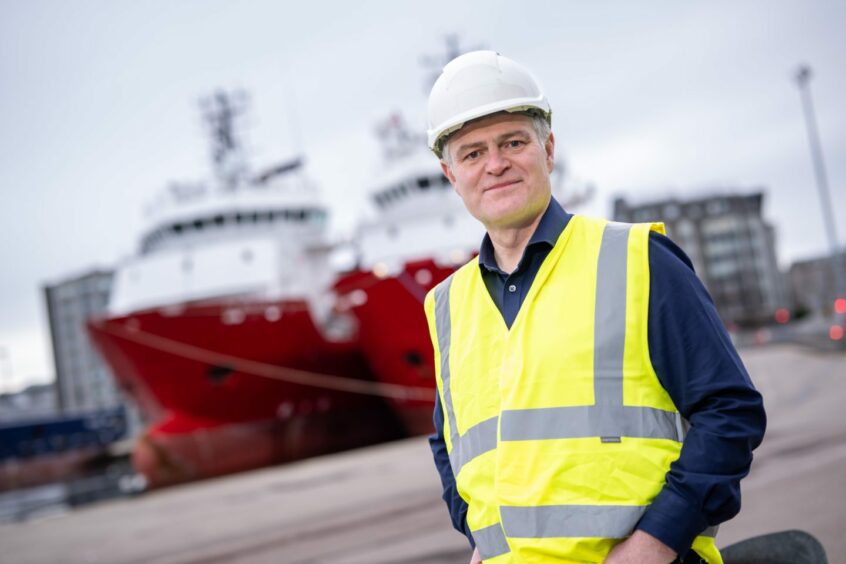
With an ongoing cost of living crisis, war in Ukraine, and increasingly evident impacts of climate change, energy policy has been firmly at the centre of the political debate.
In January, the sector was reeling from the imposition of the windfall tax with 90% of oil and gas operators cutting back on investment. The Scottish Government published their draft Energy Strategy with a ‘presumption against’ new oil and gas licenses. Labour was considering ‘no new developments’. These statements have a direct impact on investment, and the 200,000 highly skilled people who work in the sector. A difficult start to the year.
As CEO of OEUK, I have had the opportunity to engage with policy makers across the political spectrum. I have always been proud of our sector and what we offer. At its core, this industry remains fundamentally about skilled people, working together, doing the right thing.
So, at the end of the year, where are we?
I believe that the industry has been successful in reframing the debate on the important role of oil and gas in the energy transition. There are those who strongly protest that anyone with an oil and gas heritage has no place in the conversation. But increasingly, I hear pragmatic voices who understand that the way we successfully tackle energy affordability, create high value jobs, while delivering on our climate goals is by pulling people together, not by excluding companies and skilled people.
This year has seen some notable achievements.
We have seen the final investment decisions on important developments in the North Sea – the approval of the Rosebank field was a significant moment. OEUK hosted our first energy decarbonization conference highlighting the progress in reducing emissions from our oil and gas production.
Our world class decommissioning sector continues to strengthen. I have had the opportunity to share our progress with my counterparts in Australia, New Zealand, and other countries. Our approach presents a huge export opportunity for our supply chain companies.
We have seen the award of 27 oil and gas licences, with more to be announced early next year. We also had the first ever carbon capture and storage licencing round. We have seen action to accelerate grid connections and boost our world-class wind sector.
The Energy Act was delivered with cross party support in key areas which lays the foundations for an energy system fit for the future.
The opportunities in the UK energy sector to transform how we power our society are inspiring. We cannot have consistent economic growth without attracting, developing, and retaining talent. There are positive signs that we are seizing the initiative. I have seen first-hand the collaboration to develop a skills passport that will enable career paths across the energy sectors.
We must attract the next generation, and I have been privileged to attend career events throughout the year. I am myself studying part-time for a Masters in Renewable Engineering, and it was moving to attend the graduation of my classmates. Importantly, our sector is committed to setting the gold standard for diversity and inclusion.
Looking ahead to 2024, I am optimistic. Every political party is looking to unlock growth in the economy, and offshore energy with investment in oil and gas, alongside wind, carbon storage, and hydrogen is undoubtedly the best opportunity for Scotland and the wider UK.
As a sector we have an important voice. Meeting more of our needs from homegrown energy produced in the UK, means jobs, economic growth, secure and affordable energy. Ahead of a general election in 2024, our message is simple; choose homegrown energy.
Recommended for you

 © Supplied by OEUK
© Supplied by OEUK